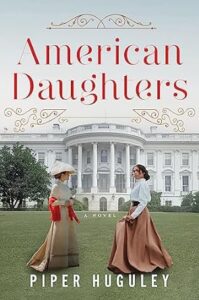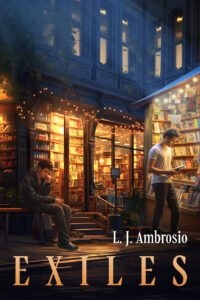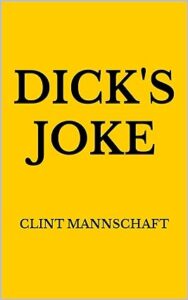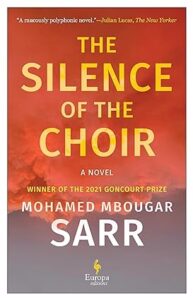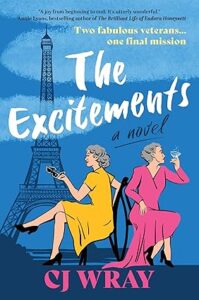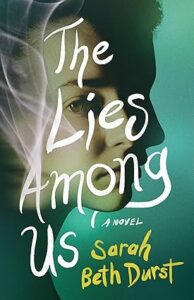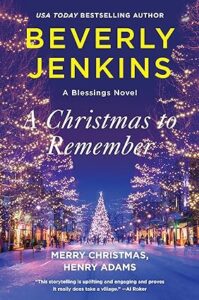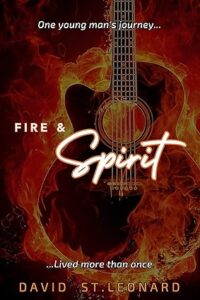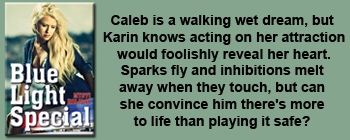American Daughters by Piper Huguley
Publisher: William Morrow
Genre: Historical, Fiction
Rating: 3 stars
Reviewed by GingerIn the vein of America’s First Daughter, Piper Huguley’s historical novel delves into the remarkable friendship of Portia Washington and Alice Roosevelt, the daughters of educator Booker T. Washington and President Teddy Roosevelt.
At the turn of the twentieth century, in a time of great change, two women—separated by societal status and culture but bound by their expected roles as the daughters of famed statesmen—forged a lifelong friendship.
Portia Washington’s father Booker T. Washington was formerly enslaved and spent his life championing the empowerment of Black Americans through his school, known popularly as Tuskegee Institute, as well as his political connections. Dedicated to her father’s values, Portia contributed by teaching and performing spirituals and classical music. But a marriage to a controlling and jealous husband made fulfilling her dreams much more difficult.
When Theodore Roosevelt assumed the presidency, his eldest daughter Alice Roosevelt joined him in the White House. To try to win her father’s approval, she eagerly jumped in to help him succeed, but Alice’s political savvy and nonconformist behavior alienated as well as intrigued his opponents and allies. When she married a congressman, she carved out her own agendas and continued espousing women’s rights and progressive causes.
Brought together in the wake of their fathers’ friendship, these bright and fascinating women helped each other struggle through marriages, pregnancies, and political upheaval, supporting each other throughout their lives.
A provocative historical novel and revealing portrait, Piper Huguley’s American Daughters vividly brings to life two passionate and vital women who nurtured a friendship that transcended politics and race over a century ago.
This is an inspiring story about two women who form an unexpected friendship that transcends their different social statuses, politics, and race. It showcases historical figures that we are familiar with, such as Portia Washington the daughter of the famous educator, Booker T. Washington, and Alice Roosevelt, the President of the United States at the time, Teddy Roosevelt. The journey of these two women is a testament to their resilience and the power of friendship.
I enjoyed reading and learning about the strengths and resilience of the two fascinating women in the book. The author did a fantastic job of crafting a tale that navigated the life and friendship of Portia and Alice. It was interesting to see how their bond exceeded wealth, privilege, race, and cultural background – from their start as “Good Daughters” to their eventual “Liberation” as individuals. As I read, I saw that they were both women of intelligence, determination, and hope. Their differences were obvious but the similarities to me are what drew them together, and the bond formed from there is what forged their relationship that lasted over a century.
The book alternates between the voices of Portia and Alice. I could not help but be drawn to their strong but lady-like characteristics. Their historical significance is one to notice as it shows their influential relevance as they navigated their famous title of American daughters during their roles as wives, mothers, and women facing various relevant life issues that many of which still apply today.
Portia’s husband, Sid Pittman, was a source of trouble that I knew Portia should have avoided. Although I could sympathize with his internal struggle as his father-in-law, Mr. Washington, mentioned to his daughter, Portia about the challenges that men of color in an industry where “Negro men have never gotten to do before.” I am sure that with Booker T. Washington as his father-in-law, Sid was held to a high standard and expectations were set higher than he could achieve. However, it was difficult to understand why he channeled his anger towards damaging the spirit and minds of those who loved him. As for Alice, she is supporting her husband, Nick, during his political career as he is up to become the next Speaker of the House, and a surprise adds more excitement to her unconventional marriage of convenience.
I was glad to read American Daughters, but it did not captivate me as much as I expected. I found some slow spells of dialogue that made the story longer than necessary. Additionally, I did not think ahead of how the book would end, and I felt that all I read about was what the two ladies going through. I wanted more details of the ending that matched the energy of the earlier parts of the book. The book ended leaving me with only the assumption of how their lives would unfold after the last big reveal.
Portia and Alice were remarkable women who encountered many challenges throughout their lives. They always had each other to rely on, which was inspiring to read about. My takeaway from the book is that their beginning not only benefited them and that “motherless children must stick together” but it also changed the narrative for their daughters and their bond is a testament that will live on. This was an interesting story.
